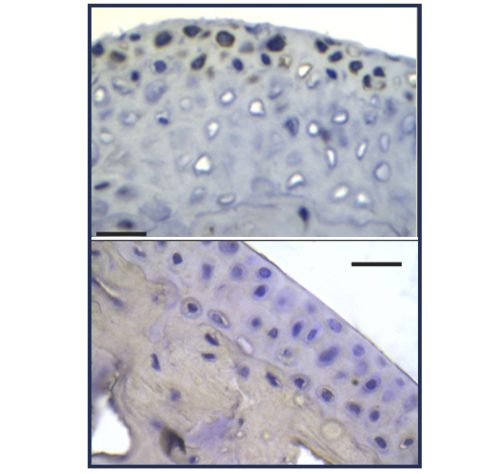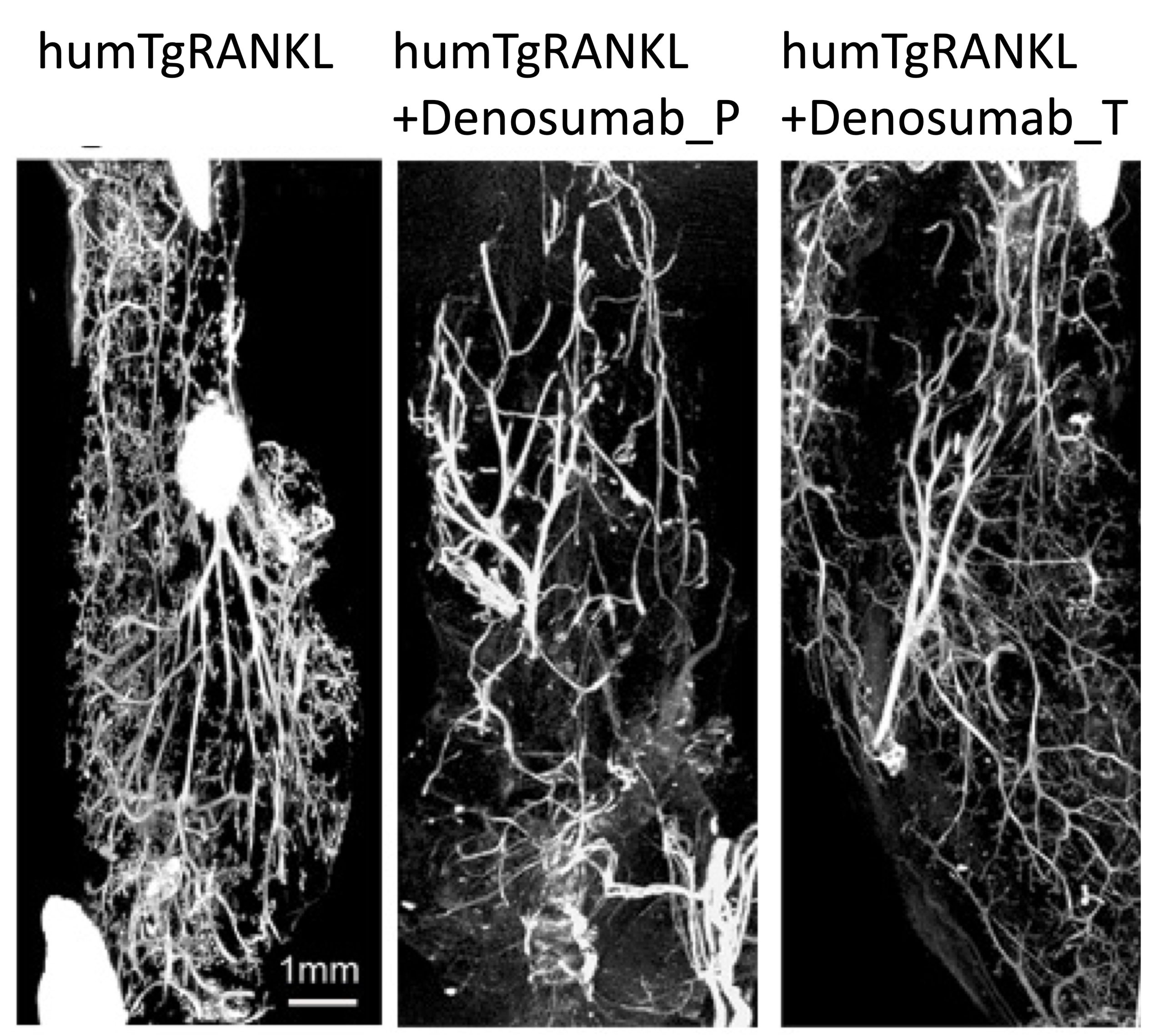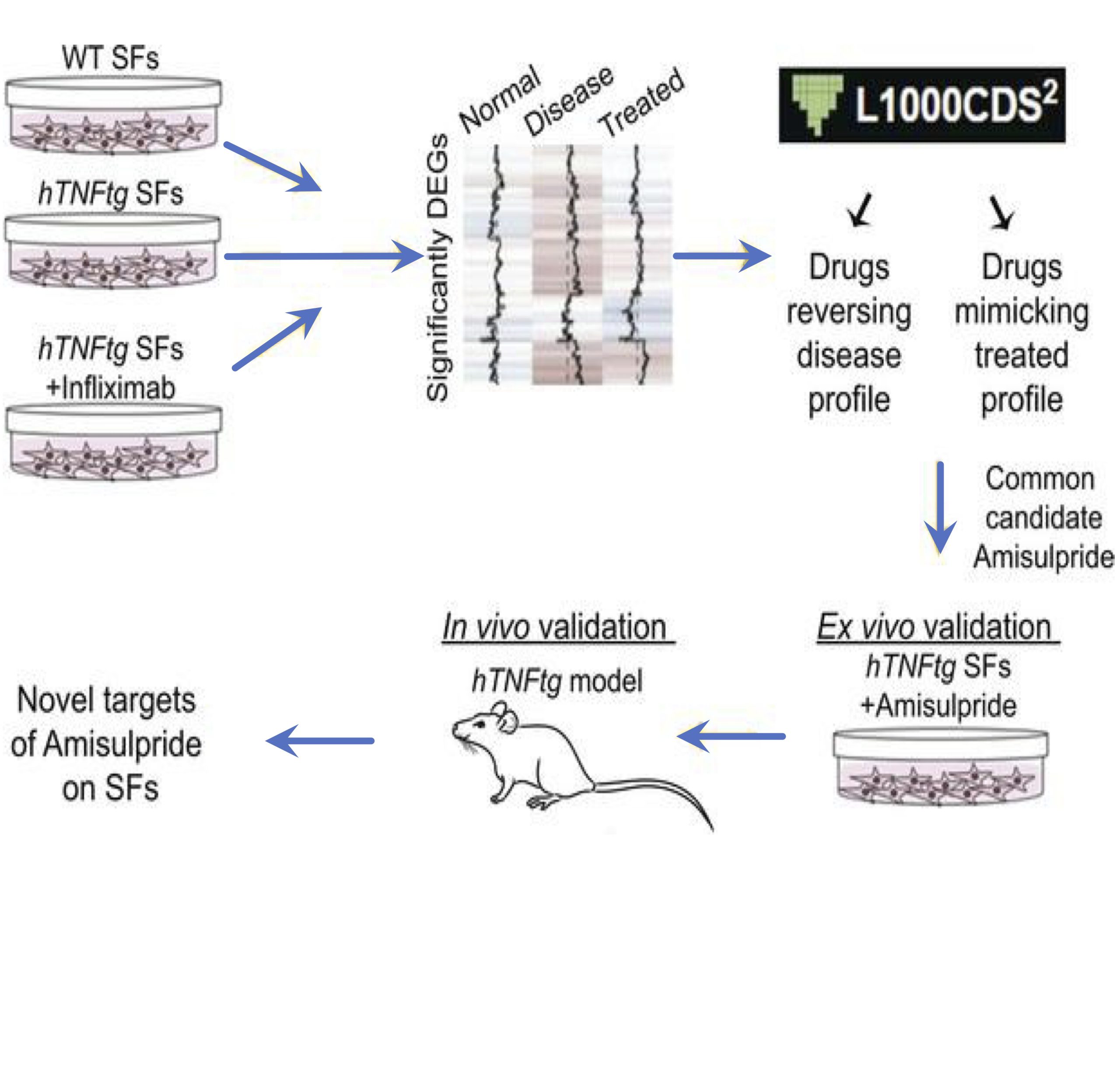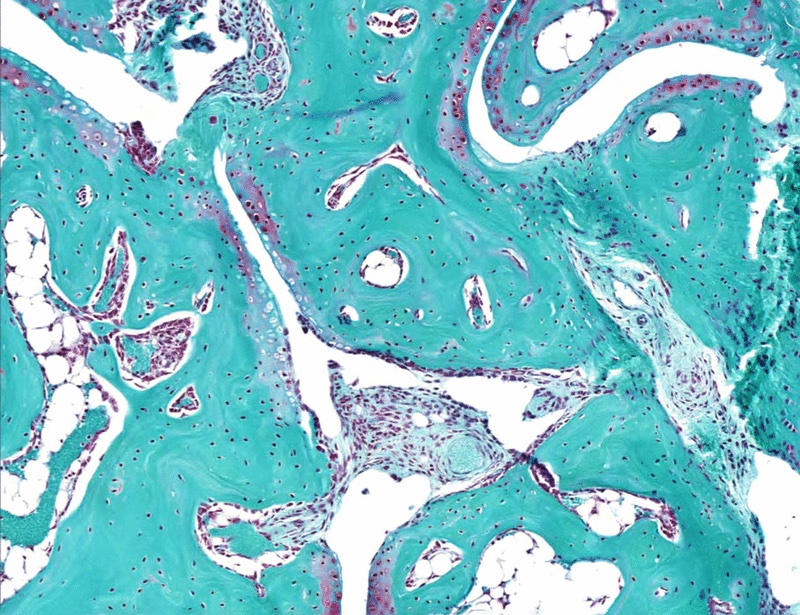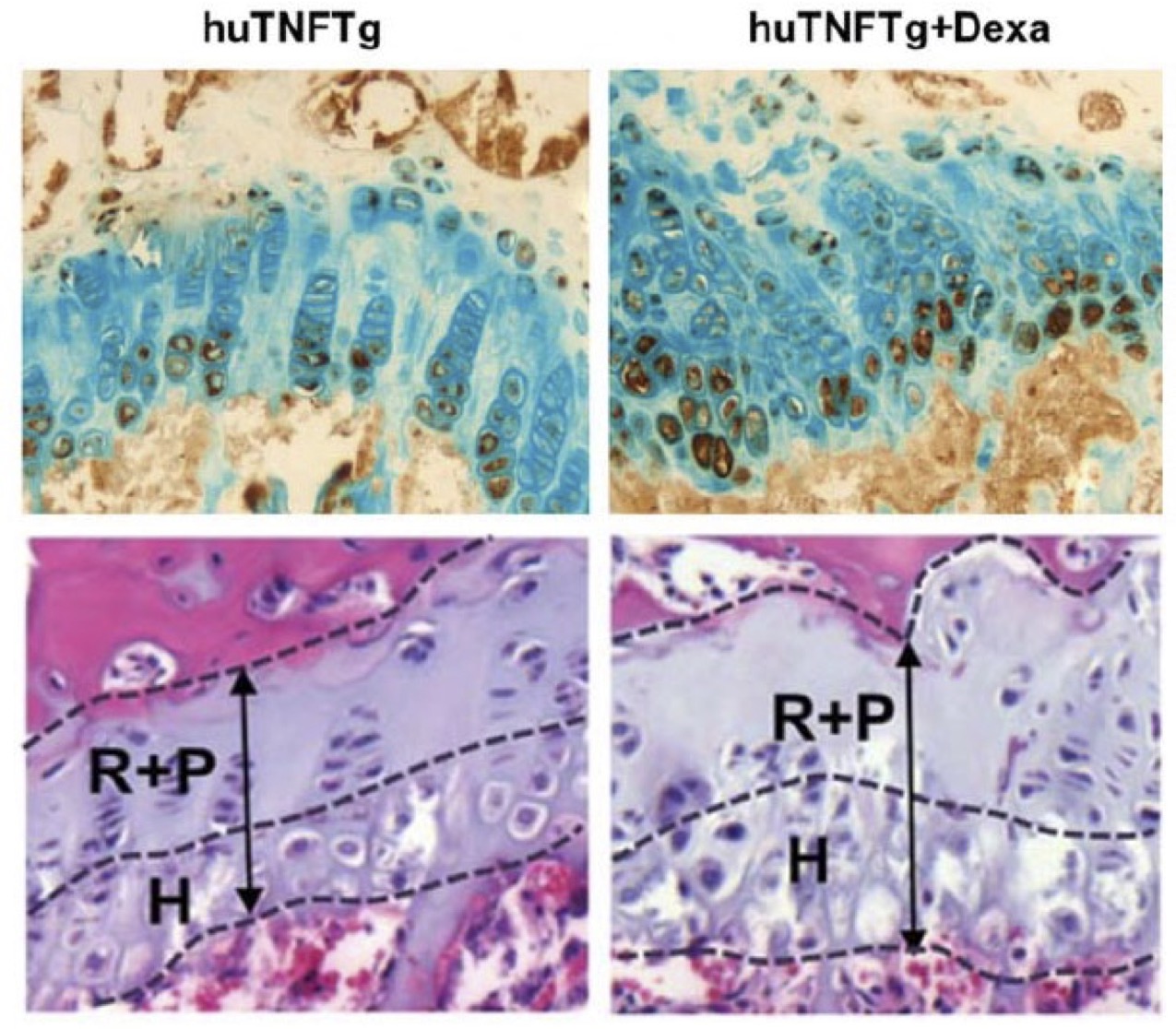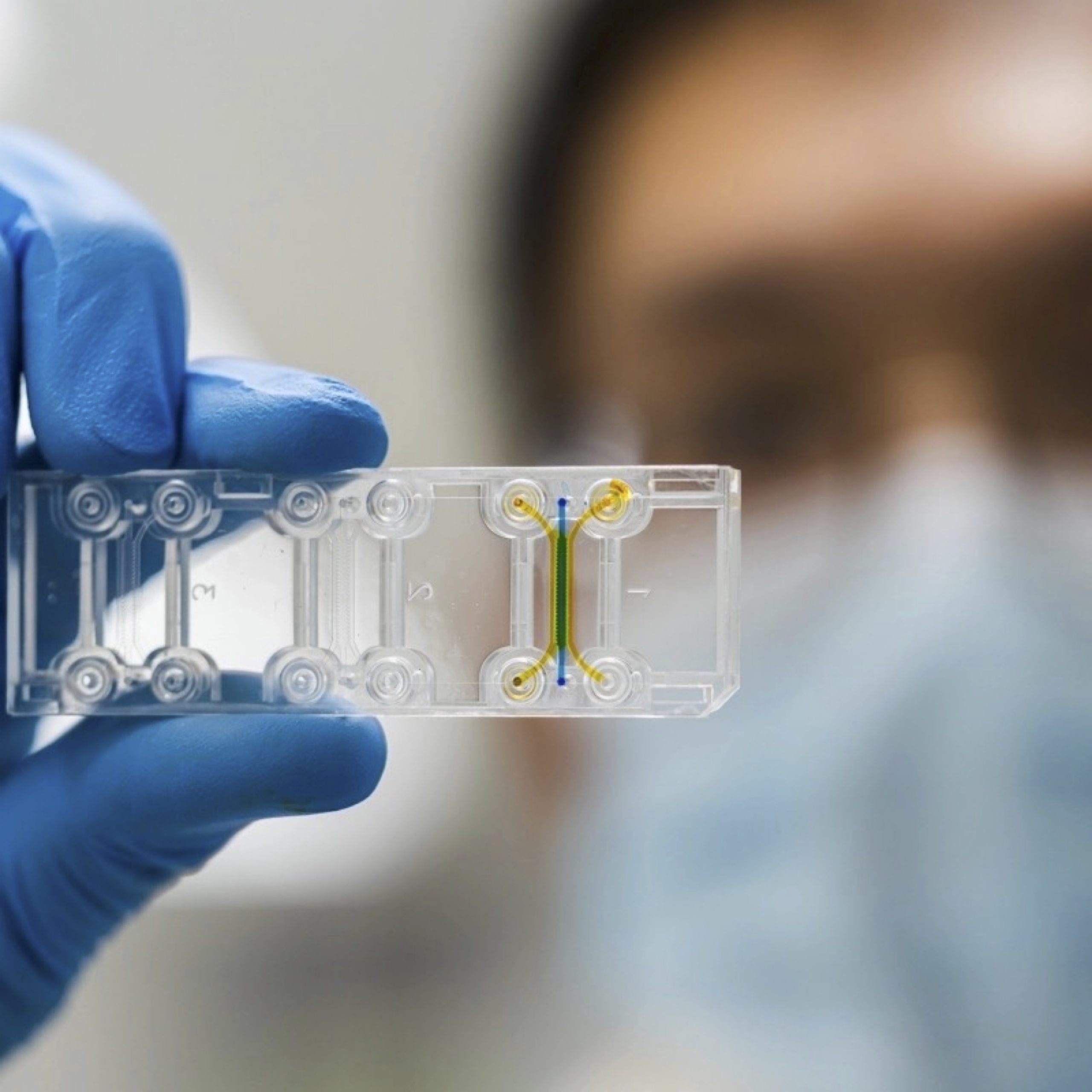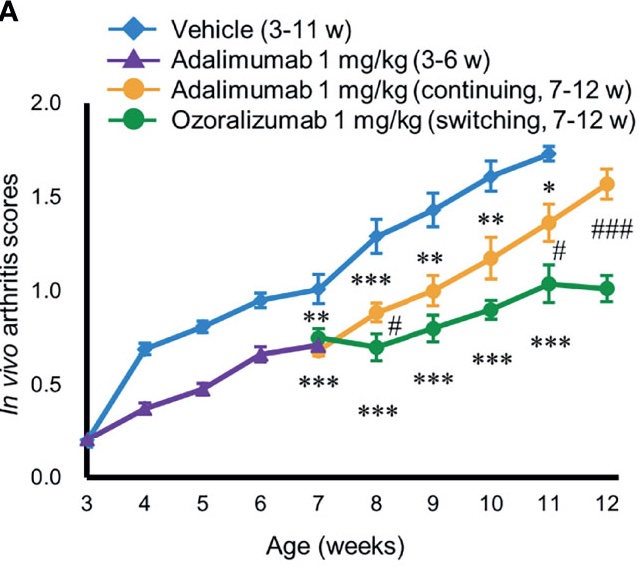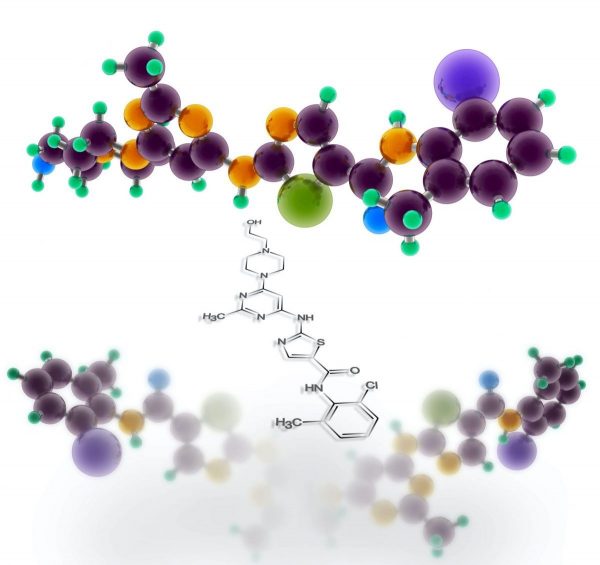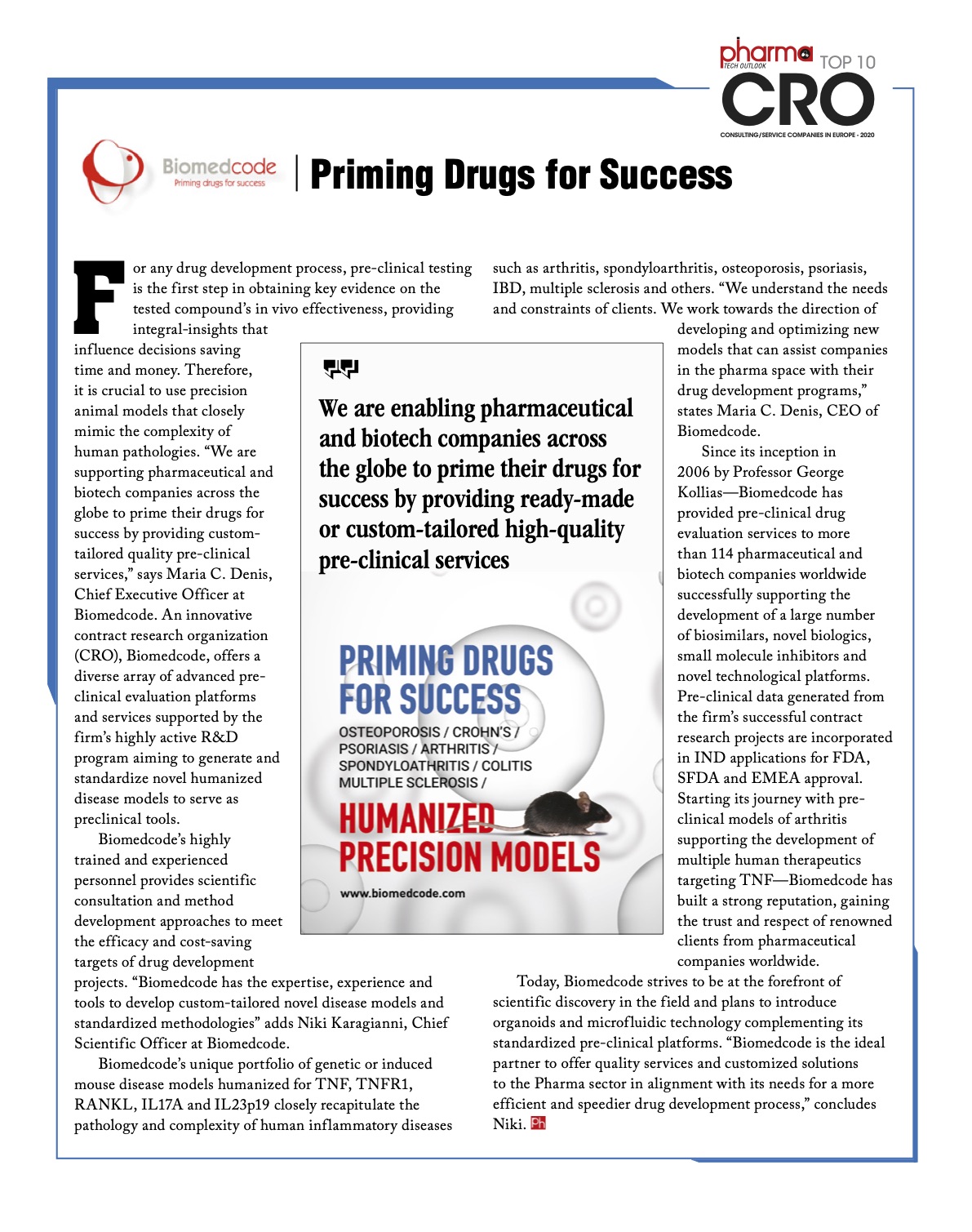Biomedcode is pleased to announce that, the T2EDK program -development of a bronchoscopic biopsies-on-chip (BioOnChip) platform for immunotherapy drug screening in non-small cell lung cancer- initiated in collaboration with the BSRC Al. Fleming researcher M. Tsoumakidou, the Department of Computer Science and Biomedical Informatics of the University of Thessaly and the Pulmonary Clinic of the University of Ioannina has been financed by the European Union – Next Generation EU and the National Recovery and Resilience Plan Greece 2.0 funds. BioOnChip aims to explore the applicability of an innovative 3D microfluidic microculture, i.e. tumor-on-chip, in predicting real-time responses to PD1-blockade in NSCLC patients, that, if efficient, might have important socioeconomic impact.


